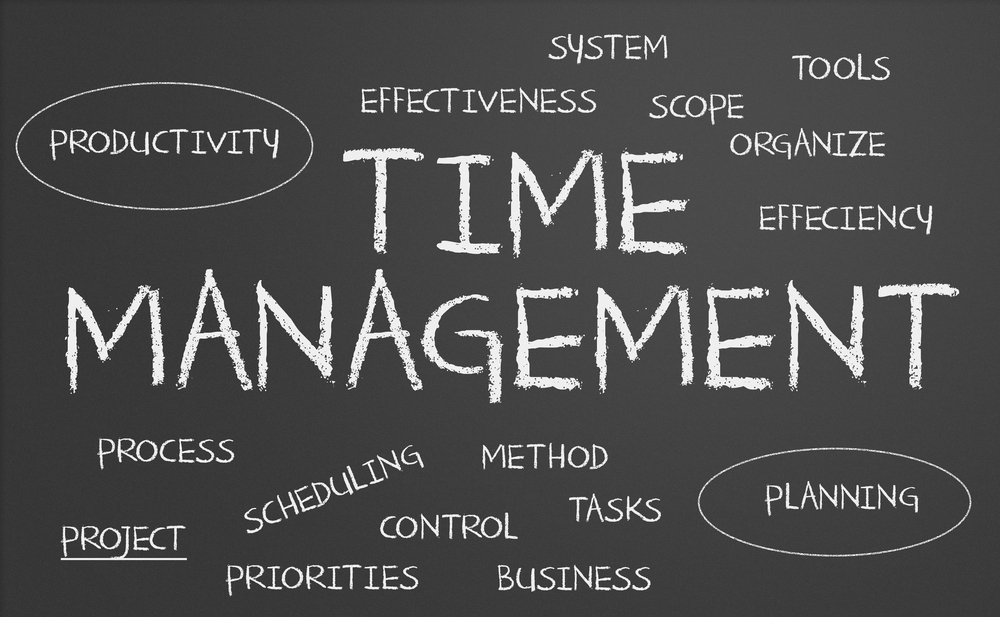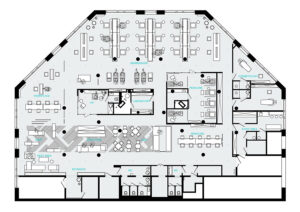Deciding to open a music recording studio is both an exciting, albeit challenging, prospect. This is because not everyone knows how to build a recording studio and there are many things to consider when doing so, such as equipment, location, and rates. With a bit of planning and a lot of research, you can make your music recording studio successful.
Musicians come to music recording studios because they have high-quality equipment. Not only that, but they enjoy the expert knowledge and availability to assist with their recording.
The costs can vary greatly. If you do not know how to build a recording studio, you will not even know what the big-ticket items are. Whether it is a home studio or commercial, the main factor is how much you choose to spend on equipment. There are computerized and non-computerized methods available. Of course, you need to spend more to get extremely high-quality audio.
This article created by our team at Trafft, helps you to learn how to build a recording studio. Whether it is a commercial or home music studio, we have put together this guide to start your business journey.
Starting Out
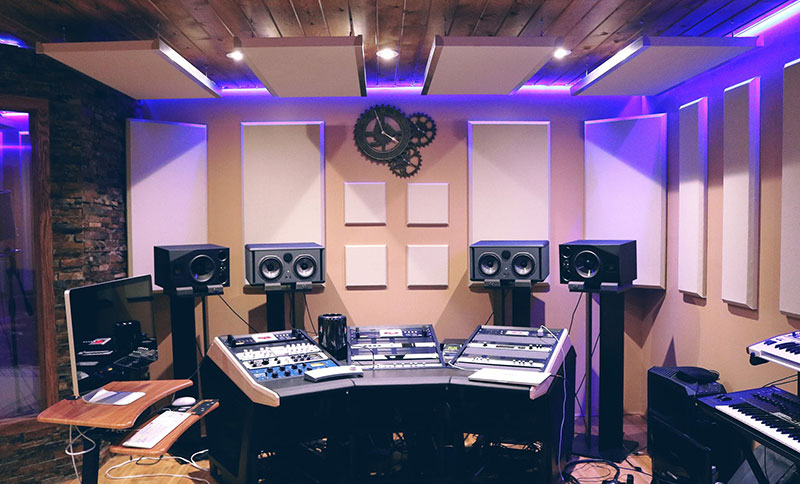
Research, research, research. You need to research to learn how to build your own recording studio. It is important to find out what equipment, facilities, and permits you are going to need. This takes time so you need to be patient and thorough with the process. There is no benefit to rushing through it as you will want to offer the best service possible.
While there are not any special permits or licenses needed for a studio, you will still need to get a local business permit and state tax license. You may also need to apply for a business occupancy permit. If you plan to create a corporate company or LLC, there will be more paperwork you will need to complete as well.
Coming up with a business plan is vital if you are going to apply for finance. A business consultant can assist you, but there are also plenty of free resources available. You can find a free universal business plan on the website of the U.S. Small Business Administration.
Define Your Target Market
The next step is to consider your target market. This is a crucial step when you are finding out how to build a recording studio. The target market will affect what kind of equipment you buy. Of course, a DJ does not need the same equipment as a rock band or string quartet. You want to look for a gap in the market - who is currently not being catered to?
We know it is tempting to want to do it all. But it is better if you can do a few things well rather than many things below average. Realistically, you are going to have a budget and you need to choose what kind of projects you are going to purchase equipment for.
Whatever you choose to specialize in is known as your unique selling point (USP). Consider carefully what you want your specialty to be. If you have the expertise or advanced knowledge of a specific area, it would be wise to go for that. For example, if you already know a lot about voice-over recording then make sure to create a special room for that.
Selecting the location
The location is a crucial element of your business. If you are planning on creating a home music studio, consider where you most like to spend time. The garage? Your spare room? You want to select somewhere that is comfortable as you will be spending a lot of time there.
If your music recording studio is commercial, you could choose somewhere rural to avoid noise complaints. Non-residential is good too. Otherwise, you will end up spending a great deal on soundproofing.
You will want to consider how many rooms you need before you go location scouting. A break room for musicians is a great idea to consider, as well as the number of recording rooms you will need.
Remember to consider your USP when choosing the location. If you are focusing on larger bands, each recording room will need to be larger. If you are doing mostly voice-over work, you are going to want a few small rooms.
Studio Design Cost
The cost of your music recording studio can be monstrous. It is important to consider when you are thinking about how to build a recording studio. If you do not sit down and plan out a budget for each stage of the project, it is easy to blow through all your money quickly. Decide how much you are willing to spend on each part of the music recording studio. If it is a home music studio it will be cheaper, but you can still end up spending a lot on equipment. Home studio design, however, can be a simpler task.
For a commercial business, you will need to consider your recording studio design and build your interior studio space. Building a recording studio is no small feat. It is a great idea to hire and studio designer and building contractor. You may not need to if you already have this specialized knowledge. Music recording studios usually need a soundproof control room and recording booths. They also need rooms for both listening and performing.
You need to make a budget that includes your expected monthly business expenses. The ones related to your space will include the rent of your studio, utilities, and rates. Your other business expenses could be an accountant, advertising, tax, staff wages, and office expenses.
You can expect staff and equipment costs to account for about half of your revenue. Rent will also take a large chunk, about 20%. Therefore, about 30% will remain as your gross profit.
Equipment
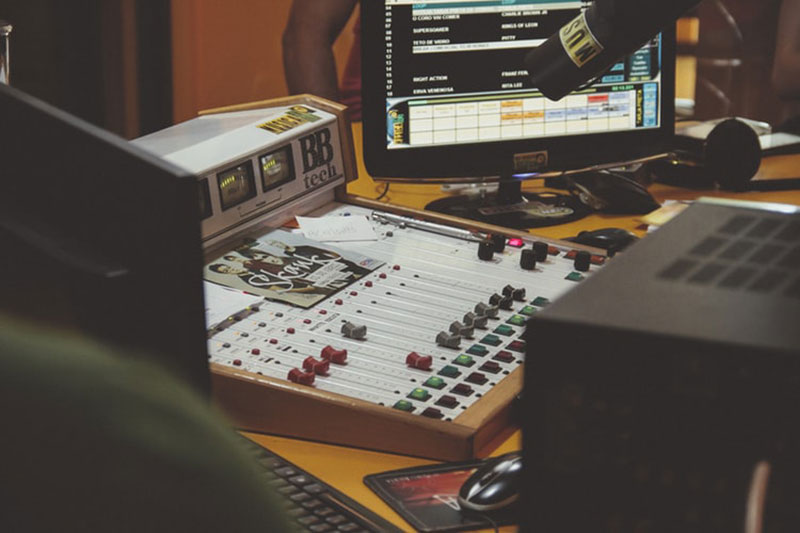
The next main element of the overall cost of the recording studio is the equipment. To get higher quality sound, you will need to spend more money. Studio music needs to sound professional. Depending on your USP, you will need specific equipment to support that. Spend more on the items that help you differentiate yourself in the market.
Generally, your studio will need a mixing console, microphones, headphones and of course something to record the sound. Your at-home, DIY recording studio will likely need less equipment than a commercial one. Your budget may be less than $1,000. Consider obtaining the following:
- Headphones
- Microphone stands and microphones
- A DAW/Audio interface combo (used for recording and editing the sound)
- Monitors
- Pop filter
- Computer
- Software
- Necessary cables
If you are going for a professional music recording studio, you will need a higher equipment budget - between $25,000 to $50,000. Consider getting the following:
- 10 x Headphones
- 15 x A microphone stand
- 15 x Microphones
- DAW/Audio interface combos (used for recording and editing the sound)
- 6 x studio monitors
- 5 x Pop filter
- 4 x amplifiers
- 4 x crossovers
- 8 x speakers
- Patch board
- Mobile acoustic panels
- Digital mixing board
- Computers
- Software
- Necessary cables
Software
You are going to need high-quality audio software to score high-quality clients for your record studio. If your software is sub-par, this means your whole service is sub-par. There are two types that you will require; production software and studio booking software.
Production Software
The list of required equipment above was the DAW - digital audio workstation. This is a crucial item as you will use it to record, edit and mix the music. You do this through your computer.
The DAW is a computer program. It is necessary to choose the right one because it is really the thing that can make the music sound awesome. You can record several instruments and vocals, and then put them all together with this program. You can splice, add effects and get the finished product.
Scheduling Software

You are also going to need an excellent appointment scheduling software for your studio bookings. This will assist you in keeping organized. The last thing you want is to double-book yourself and disappoint an important client. This software will help you avoid these issues.
There are countless numbers of software for this purpose. We recommend Trafft because it simplifies the process for you. Booking studio time is a breeze with this one! It is your best option for a lovely user interface. It is a professional and an excellent way of managing your bookings. The code is simple, and it has an easy to navigate backend.
What Should You Charge?
It is critical to find out what your competitors are charging before you set your rates. It should be easy to obtain quotes from other music recording studios nearby. Prices from home music studios may be harder to obtain.
Once you know the going rate, you can set your price accordingly. Do you want to offer great value? Set your price slightly lower than the others. If you want to price as a specialist with expertise, set your rate slightly higher than the others. Market research companies can help you with finding out market prices.
It is essential that you can give your clients an accurate price estimate when they ask for a quote. For this reason, it can be simpler to charge by the hour rather than per song. When charging per song, the danger is that it goes well over time and you end up losing money on it. Charging per hour is more likely to result in higher profits for you.
How to Differentiate Yourself
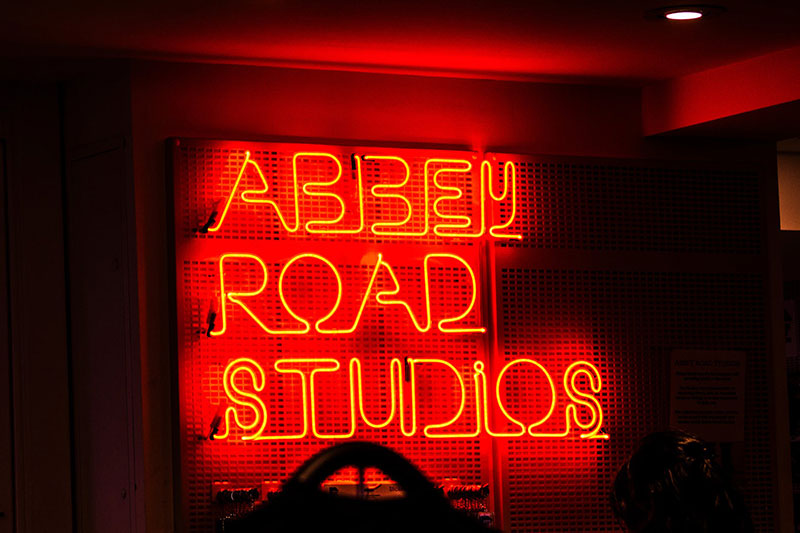
You do not want to be the same as your competitors. If you were, there would be no reason for your clients to choose you. You must find ways to differentiate your music recording studio. Get creative! You could offer clients a drink when they arrive, set up a library with bean bags for when they need a break. Whatever it is, there is got to be a reason that they would choose you over somewhere else.
It is also important that you are a well-oiled machine. Organized, efficient and unsurpassable. Have all the gear ready to go when a client arrives. All they should need to do is walk in and start recording. There are templates you can set up on your software for different types of music. Do this and have the correct one ready to go when your customer arrives. They will be impressed with your sleek service and come back next time.
Make it easy for clients to schedule appointments. You could even make this an online process, with the right software. Easy, clear, scheduling avoids mix-ups and creates happy musicians.
You will need to advertise. How you do this is up to you - make it different! Create a viral video or eye-catching advertisement. Make sure you keep your target audience in mind. Create something that will catch their attention.
Ending thoughts on how to build a recording studio
Learning how to build a recording studio can be a steep learning curve. However, if you create an excellent business plan and stick to it, this guide can be a great tool to use to know what to do and when to do it. Remember to change your plan when necessary though, as certain things can change over time. Remember that you may not be successful overnight but if you stick with it, you will watch your business grow.
If you enjoyed reading this article about how to build a recording studio, you should read these as well:
- The best time management techniques and strategies for busy people
- Management consulting vs strategy consulting. What’s the difference?
- How to plan an event and make sure every step is flawless
- Creating the Perfect Home Studio for Beginners


